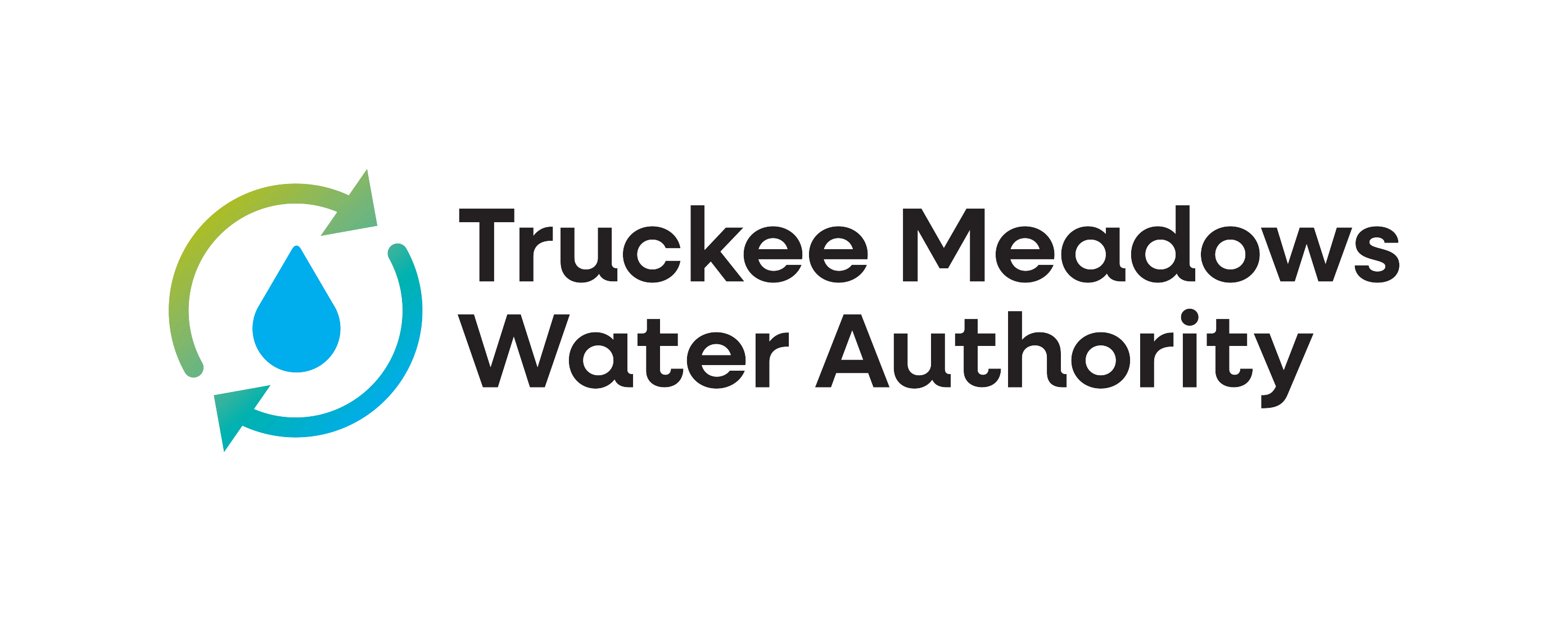The right to divert Truckee River water in our region has been established through court decrees based on historic diversions of the river for power generation and irrigation use as far back as the late 1850’s. The allocated water rights in effect are a type of property right and sold on the open market. The number of Truckee River and surrounding creek rights is fixed. The ownership and use of those rights are merely changing over time.
Any time an individual wants to build a house, a subdivision, or a casino, they must deed existing agricultural irrigation water rights to TMWA to meet the water demand of the project. TMWA will convert the irrigation water rights to municipal water rights in order to serve the project. Thus, the only thing that changes is how the water is used and who owns the rights.
When people who own water rights decide not to use them any longer for agricultural purposes, they can sell them to TMWA or developers; we can then transfer them for municipal purposes to serve our new customers. Additional water is not being pulled from the river and/or underground aquifers as if it is the same amount of water, simply reallocated from agricultural use to municipal use. These water right owners have the right to sell these water rights as if they are just like property.
More than 50,000 acre-feet of Truckee River water rights and 19,000 acre-feet of creek rights remain for conversion for future growth. These supplies are enough to service the needs of the community well past the year 2030. (*See note) So, there is a large amount of water rights in the Truckee Meadows still available to serve growth, and not interfere with meeting the needs of existing customers.
As the community sets the course for growth through regional planning and local government directives, TMWA’s role is to assist local government in managing and developing existing or future water supplies and resources. (TMWA is a provider, not a policy-setter, on growth. If anyone would like to have input on growth, contact your elected representative and/or the planning commissions, as they are the ones who approve the subdivisions and industrial parks in the region.*
* If all of the remaining water rights were converted from agricultural to municipal use in the future, this is the same amount of water that is being diverted today. It is just a different use of the same amount of diverted water.
